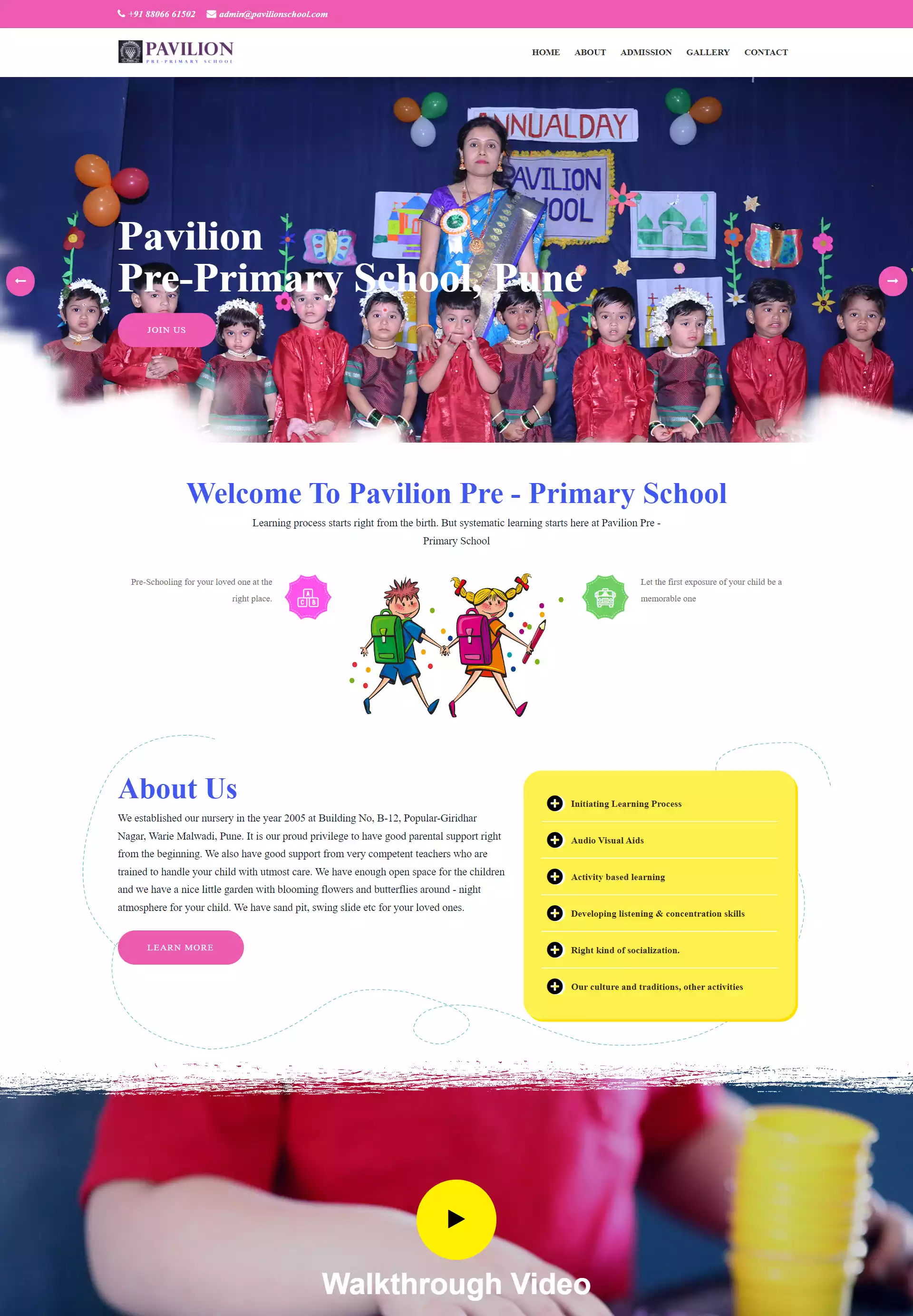- [email protected]
- Block A Madumati Appartement M G Colony Tilakwadi 1st Gate Belagavi
Website Development Company in Belgaum

Website Development Company in Belgaum
At Proways IT Solutions, we deliver professional website development services in Belgaum tailored to your business needs. Since 2018, our expert developers have built high-quality static and dynamic websites that are fast, secure, and SEO-friendly. Whether you need a corporate website, ecommerce platform, custom portal, or CMS-based website, we provide scalable and reliable solutions. Our custom website development ensures your site is user-friendly, mobile-responsive, and optimized for search engines. We use modern technologies to create websites that help Belgaum businesses grow online. From small startups to established enterprises, our focus is to design and develop websites that drive traffic, increase leads, and deliver results. If you’re looking for the best website development company in Belgaum, Proways IT Solutions is your trusted partner.
FAQs – Website Development Belgaum
-
Q1: What is the cost of website development in Belgaum?Website development costs in Belgaum depend on features and complexity. Static websites are affordable, while ecommerce and dynamic websites may cost more.
-
Q2: How long does website development take in Belgaum?Simple websites take 10–15 days, while complex ecommerce or custom websites may take 30–45 days.
-
Q3: Do you provide ecommerce website development in Belgaum?Yes, we specialize in ecommerce development with secure payment gateways, product management, and SEO optimization.
-
Q4: Are your websites mobile-friendly and SEO-optimized?Absolutely. Every website we develop is responsive, SEO-friendly, and optimized for performance across devices.
-
Q5: Can you redesign and upgrade existing websites in Belgaum?Yes, we provide website redesign services to make old websites modern, responsive, and SEO-ready.
-
Q6: Do you provide custom website development for businesses in Belgaum?Yes, we create custom web applications and portals based on your business requirements.
Checkout our Recently
Completed Projects
Looking for a Quality Business Marketing?









